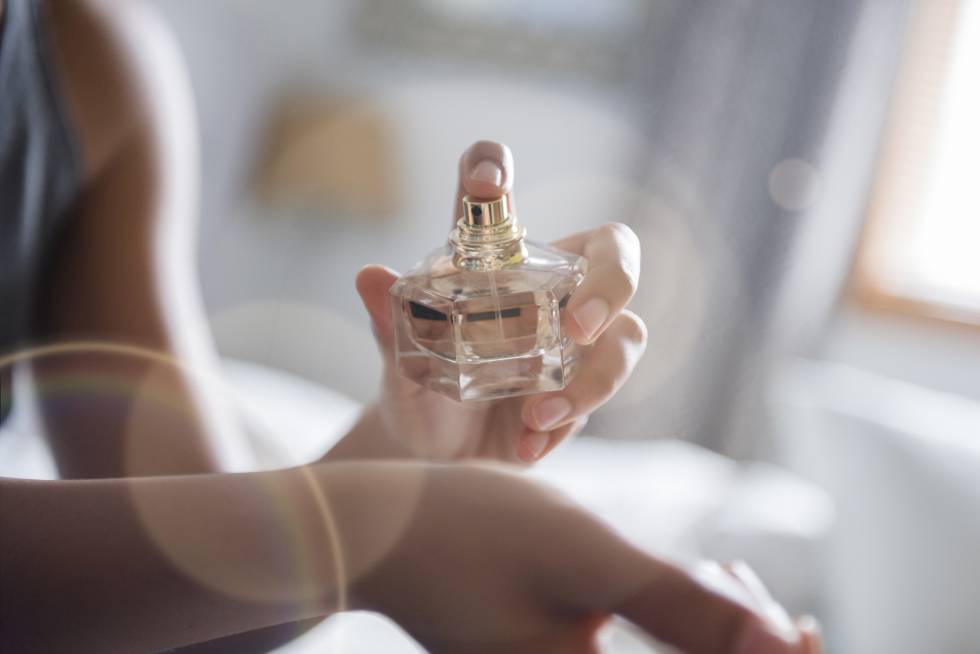What is Business Casual?
Business casual implies more than not wearing torn, frayed, or smelly shoes. It covers a range of attire for men and women, such as what to wear, and what not to wear at work, during presentations and job interviews where the dress code is business casual.
Typically, Appropriate business casual attire includes dress shirt or blouse, slacks or khakis, optional tie or seasonal sport coat, open-collar or polo shirt, a dress or skirt at knee-length or below, knit shirt or sweater, tailored blazers, and loafers or dress shoes that cover most or all of the feet.
Why knowing the basics of Business Casual Attire for Women is important for professionals?
Every aspect of business demands professionalism and commitment, dress codes aren’t left out. Many people seem to get it wrong when it comes to business casual outfits, especially when their careers are just kicking off.
Your business casual speaks more of you than any other dressing style as it tells a lot about your personality and professionalism. Business casual is less formal than actual traditional business attires. They give a businesslike and professional impression. They are demanded, usually at interviews, seminars, during presentations or campus placement.
Here are 11 business casual attire ideas and tips to help you choose the right business attire and make a great difference in the way you dress casually.
- Wear Clean and Fit Outfits

It doesn’t matter how much your outfits cost, they will do you no good if they are not clean, pressed and properly fitted. Baggy and extremely tight clothes should be avoided. Your work clothes should always make you look polished and sharp.
At no cost, never wear torn, frayed, or smelly shoes.
- Keep Your Business Casual Attire Consistent
Consistency in your image is beneficial in establishing trust and credibility as a professional, irrespectively of field and industry. Maintain a certain standard of dressing can make a great difference people treat you.
You can improve on business casual outfits but do not fall below or go out of line. For example, if you dress conservatively to work for most days of the weak, do not come in the middle of the week looking too casual. Do not dress to a point that you look unrecognizable. In short, avoid extravagance, excessive elaborateness of style.
- Check Your Calendar
Always make sure you dress business casually on the day that matters the most. This includes presentation days, days scheduled for client meetings or even seminar days. You can dress a little relaxed on days you’ll spend all the time in the office.
- Pay Attention to Details
Always be sure to check out for tags and loose threads in new clothes. There should be no missing buttons, no tears, no worn-out stitching, no lint and no stains on your business casuals. Always keep these fine details in check before stepping out to work.
- Keep Hair Properly Groomed
Women should make sure they have proper and well-groomed hairdos done.
For the males, always make sure your hair is properly cut and well-groomed. You must also find out if your industry conforms to wearing facial hair and make sure they are properly groomed if it’s acceptable.
- Smell Good but Avoid Strong Perfume
While it important to smell good, you must not necessarily wear designer fragrances have strong projection and or sillage. You can use natural, long-lasting and light fragrances while avoiding wearing too much and visible talcum.
Here are some good perfumes for women to wear at workplace:
- Chanel Eau Vive
- L’Eau par Kenzo by Kenzo for Women
- Happy Perfume by Clinique for Women
- Amber Splash Perfume for Women by Marc Jacobs
- Infusion d’Iris Perfume for Women by Prada
- Cashmere Mist Perfume for Women by Donna Karan.
- Learn about the employer and the industry
If you are not sure, First, find out about the employer and the industry in which it operates. The clothes you will wear during your interview should take into account the type of job you are applying for. If it is an office job, an attractive blouse worn with pants and finished with stylish black shoes can be considered. If the interview is for an industry, retail or service position, it is strongly recommended that you wear clothing that is somewhat formal.
- Consider Vibrant colors
It only takes a touch of color to brighten up a black, gray or navy blue suit. The bright colors make these rather dull tones sparkle. But take it easy. Red is very showy, just like purple. They are recommended for certain occasions, during interview for instance. But I would certainly opt for a purple blouse or any other vibrant and explosive color, even in a more conservative environment like finance.
Colors speak to our emotions. Therefore, choose the colors according to your mood and the emotion you want to create; you will be amazed at the results.
- Dress Appropriately
It is important to dress appropriately by covering your shoulders and avoiding transparency. It is the time to show off your professionalism, not sexiness.
Never strip your shoulders in a professional setting. If your garment requires a strapless bra, it must be reserved for the weekend.
Sheer clothes may be in fashion, but they absolutely don’t belong in the workplace. Transparent or see-through outfits should be reserved for other occasions.
Hide your toes during winter. Unless you’re a stylist, don’t show off your toes during the winter. Even in summer, don’t wear strappy heels over open toe sandals.
- Persist in Elegance

There is always a risk of loosening your standards of elegance when you think of business attire. But beware of it and remain persistent in elegance. Studies have shown that entrepreneurs do better when they dress for success. They focus better and are more creative when they wear elegant clothes. Find ways to match your favorite fashion accessories to your office clothes.
“I choose a tasteful outfit, even when I work at home,” says Vicki Salemi. In addition, I take things and my work more to heart in a classic, but comfortable outfit. ”
- Ask Questions When Necessary
Most people do know all rules and requirements with respect to dress code; don’t be afraid to ask questions. Certain organizations have a specific way you are expected to appear at work. You could ask other employers for exemplary dress codes.
Business casuals attire varies by industry and culture, but there are general rules to follow which every professional should know. Once you have the basic knowledge, you can easily adapt to whatever environment you find yourself.
Along with the Business casual ideas, remember to wear clothing that is clean and unwrinkled. Your clothes should not be too tight, baggy, or revealing. Before you leave your house, make sure that seams are finished, stray threads are clipped, and shoes are shined.
If you have other business casual tips, kindly comment below to share them with our readers.





